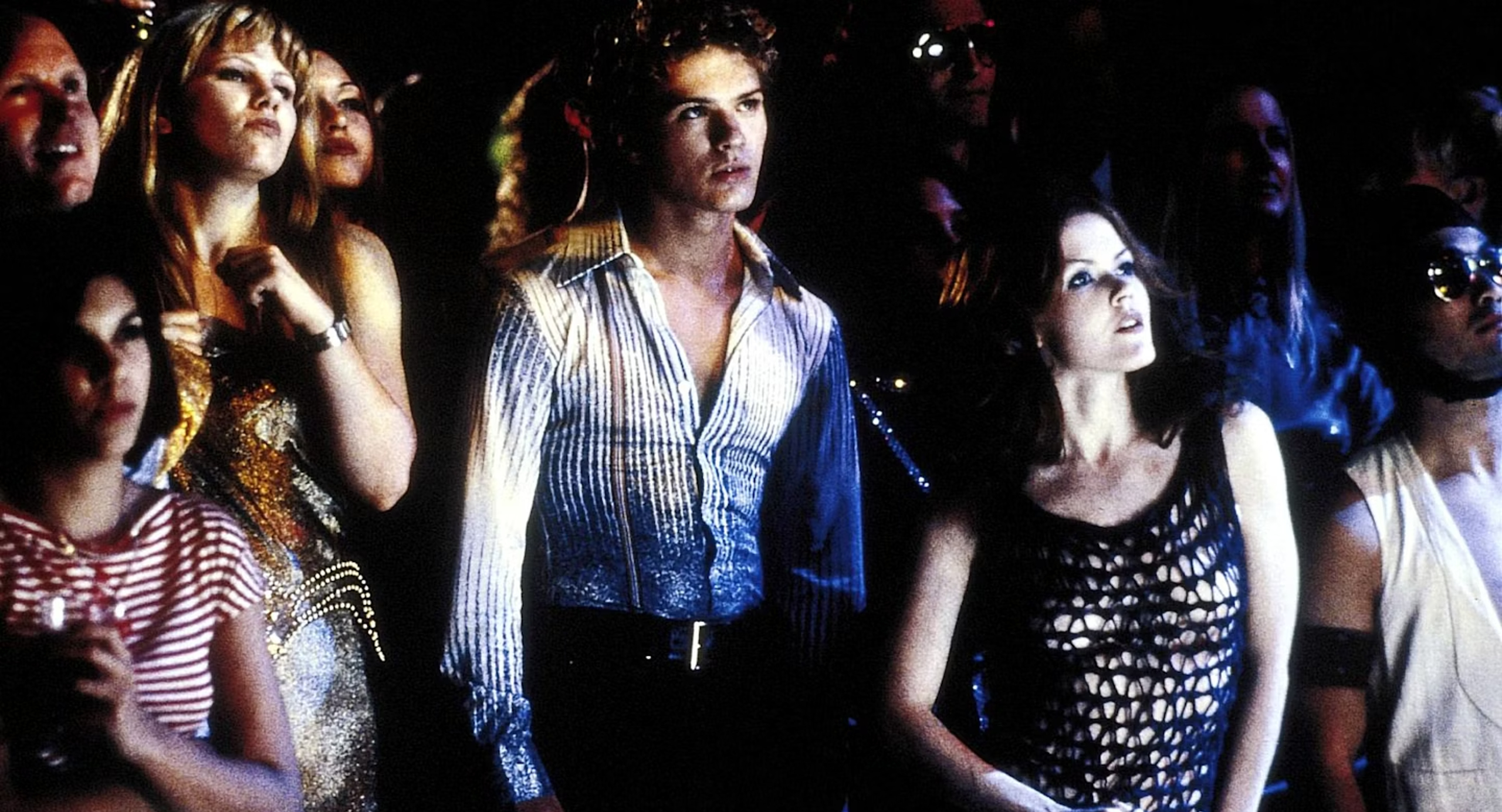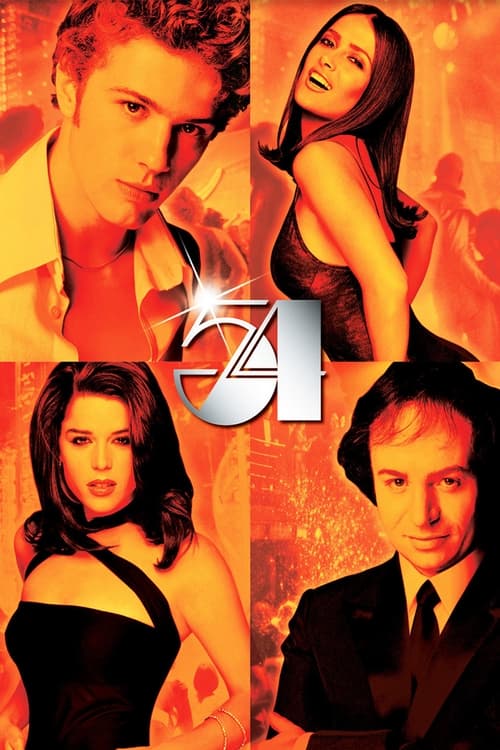54 – Film Review
Published December 14, 2023

54 is a film that attempted to capture the glitz, glamour, and underlying turmoil of the 1970s nightclub scene. Directed by Mark Christopher and released in 1998, the movie delves into the world of Studio 54, the iconic New York City discotheque that was a hotbed of celebrities, hedonism, and excess. While the film aspired to portray the era’s vibrancy and decadence, it fell short in its execution, leaving much to be desired.
The narrative primarily revolves around Shane O’Shea, portrayed by Ryan Phillippe, a young, ambitious bartender who dreams of a life beyond his mundane existence in New Jersey. His entrance into the flamboyant and pulsating world of Studio 54 seems like a dream come true, providing him access to the lavish parties and extravagant lifestyle he craved. However, the film’s plot fails to fully explore the depth of Shane’s character, making him feel more like a superficial conduit to showcase the club’s excesses rather than a fully realized protagonist.
Despite its stellar ensemble cast, including Mike Myers as the flamboyant and enigmatic club owner Steve Rubell, the film struggles to strike a balance between character development and the depiction of the club’s atmosphere. Myers’ performance as Rubell is noteworthy, capturing the character’s larger-than-life persona and inner turmoil, but the script fails to delve deeply into Rubell’s complexities, rendering him more as a caricature than a fully fleshed-out individual.
The film’s portrayal of the ’70s disco era is visually striking, with elaborate costumes, vibrant set designs, and a pulsating soundtrack that authentically captures the essence of the time. The attention to detail in recreating the hedonistic atmosphere of Studio 54 is commendable, immersing the audience in the club’s glittering world of music, dancing, and indulgence.
However, where 54 falters is in its pacing and narrative depth. The film feels disjointed at times, struggling to maintain a cohesive storyline amidst the spectacle of the club’s parties and excesses. There’s a lack of emotional depth and character exploration, leaving the audience detached from the characters’ experiences and struggles.
Moreover, the film skims over significant socio-political aspects of the era, such as the LGBTQ+ rights movement and the impact of the AIDS crisis on the nightclub scene. These themes are touched upon but lack the depth and sensitivity required to do justice to their importance. 54 misses an opportunity to explore the societal challenges and changes that were integral to the time period, opting instead to focus more on the surface-level glamour of Studio 54.
The editing and pacing also contribute to the film’s shortcomings. Scenes often feel abrupt, hindering the development of relationships and character arcs. This rushed approach diminishes the impact of pivotal moments and fails to engage the audience on an emotional level.
54 falls short of being a compelling portrayal of the Studio 54 era and its cultural significance. While it captures the glitz and flamboyance of the disco scene, the film lacks depth in character development and fails to explore the socio-political backdrop adequately. Despite its visual appeal and some standout performances, 54 ultimately feels like a missed opportunity to delve into a pivotal moment in cultural history, leaving audiences wanting for a more profound and insightful depiction of the era.
